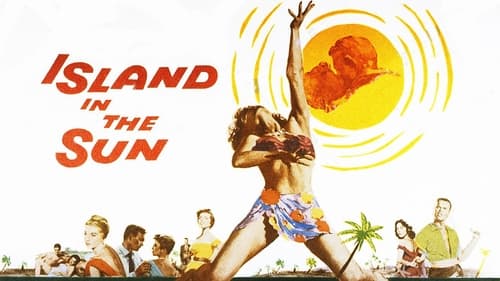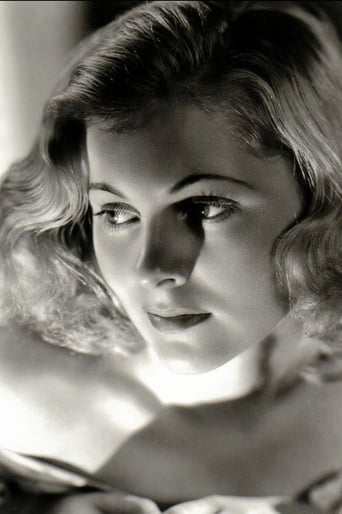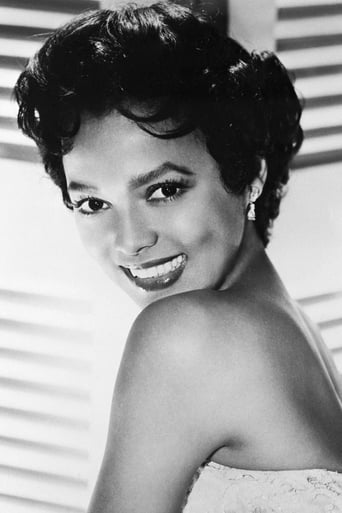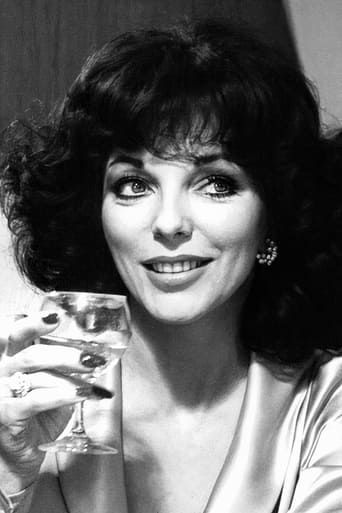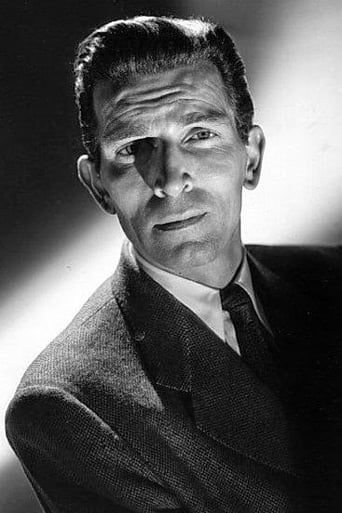James Hitchcock
"Island in the Sun" was made in 1957, a date at which Britain still retained its colonial possessions in Africa and the West Indies, although it was clear that they were moving towards independence, following the example of India and Pakistan which had become independent in 1947. The film traces this process on the fictitious Caribbean island of Santa Marta. One of the main characters is David Boyeur, a rising young black trade union leader and politician whose radical views and popularity among the common people make him a threat to the island's traditional white ruling class.Another main character, Maxwell Fleury, is a member of that class, or would be if he were wholly white rather than of mixed race. In the course of the action Maxwell, who has always believed himself to be white, learns that he also has black ancestry. At one time a Caribbean plantation owner's son would have been horrified by such a revelation, but Maxwell, who is trying to make a career in politics, welcomes it, believing that he will be able to use his black blood as an electoral asset. His younger sister Jocelyn, however, is troubled by the news, fearing that it will ruin her budding romance with Euan Templeton, the son and heir of the island's aristocratic Governor. The film combines several interconnected plot lines. One deals with the political rivalry between David and Maxwell, another with the love of Euan and Jocelyn. Two, controversially for the fifties, deal with interracial romance. David is having an affair with Mavis Norman, the daughter of another elite white family, and Denis Archer, a young British official on the Governor's staff, has fallen in love with Margot, a local black girl. The romance between Denis and Margot ends happily, but David eventually sacrifices Mavis for the sake of his political career, breaking off the affair when he realises that marriage to a white woman, especially a woman from the island's ruling class, would prove an electoral liability and lose him votes from a predominantly black electorate. The most important plot line concerns Maxwell's private life. His marriage is an unhappy one, and he is tormented by suspicions that his wife Sylvia is having an affair. He is probably mistaken, but his jealousy becomes an obsession, leading him to confront Hilary Carson, the man whom he believes to be his wife's lover, killing him in the course of their quarrel. Much of the film deals with the police investigation of the murder.In one respect, that of age, James Mason was the wrong choice to play Maxwell. It is difficult to accept him as the brother of Joan Collins, in reality twenty-five years his junior, especially as we learn that Maxwell was not the oldest child. (He had an elder brother). It might have been better if the script had been rewritten to make Jocelyn Maxwell's niece rather than his sister. In every other respect, however, he was the right choice. Maxwell is a psychological mess. At the root of many of his problems is an inferiority complex arising from the fact that, as a boy, he was overshadowed by his brilliant older brother Arthur, and has been unable to emerge from that shadow even after Arthur's death in the war. His decision to run for office has less to do with any firm political beliefs (unlike his rival David, who has strong convictions) than with the boost to his ego that electoral success will bring him. His unfounded suspicions of Sylvia appear to derive from a lack of belief in his own manhood. Mason is excellent in portraying this complicated, troubled individual and gives a fine performance. Another good performance comes from John Williams, an actor I had not previously come across, as Colonel Whittingham, the head of the island's police force. He knows that Maxwell was responsible for killing Carson, but has no evidence to prove it, so plays complex mind-games with Maxwell in a bid to get him to confess. Dorothy Dandridge is also good as Margot, although hers is a relatively small role. This was her first film since her success in "Carmen Jones", in which she played the lead, three years earlier. Hollywood's institutionalised racism seems to have prevented this beautiful and gifted actress from achieving her full potential. Not all the acting is so good. Stephen Boyd, later to rise to fame as Charlton Heston's enemy Messala in "Ben-Hur", is particularly wooden as Euan. Harry Belafonte, who plays David, was perhaps more gifted as a singer than as an actor, and here gives an excellent rendition of the film's famous theme song. As an actor, however, he is not as good here as he was in "Carmen Jones", in which he also starred alongside Dandridge. The film's title is partly literal and partly ironic. The islands of the Caribbean are often seen by outsiders as a carefree, sunny tropical paradise, and the colour photography, concentrating on the island's natural beauty, has something of the look of a tourist travelogue. To local people, however, the islands can often seem far from paradise. Their economy was, after all, originally based on slavery, and even after its abolition many class-based and race-based tensions and inequalities remained. Meteorologically, the Caribbean may be sunny; politically and socially it can be as stormy as anywhere else on earth. It is therefore to the film's credit that it attempts to reflect some of these tensions in its storyline. Despite his shabby treatment of Mavis, the portrayal of David is generally a sympathetic one at a time when left-wing politicians were often depicted in the cinema as Communist rabble-rousers. "Island in the Sun" is interesting not only as a psychological drama but also for the picture it gives of life in a British colony in the years leading up to independence, a subject (India apart) not often treated in the mainstream cinema. 8/10
MarieGabrielle
This film, having been made in 1957 has a very intriguing and slanted portrayal of a wealthy plantation owner (well-portrayed by James Mason) and a few over-privileged white women (Joan Fontaine, Joan Collins and her vapid mother, who owns a large estate).Harry Belafonte is wonderful as the West Indies native of this fictional island. He (ostensibly) is pursued by Fontaine, but rejects her world. Why is her American world supposed to be considered so ideal?. Well, this was written in 1957.Having lived in South Florida, and traveled, in this day and age a story regarding poverty wages and slave labor would be much starker and realistic. Sugar cane plantations still exist to this day, in Belle Glade, and the Everglades area. A story we rarely hear about, unfortunately.This film is worth watching for the hypocrisy of the time, as a curiosity piece. I also consider the Lana Turner film ("Imitation of Life")to fall into the category of denial and repression of human rights, which still exist in America to this day. 8/10.
Neil Doyle
Alec Waugh's novel dealt with murder, incest, racism and other assorted social problems including politics--and one would think that the film made from his best-selling novel would have to be something really important and vastly entertaining. Sorry--not so. The script is a major dud requiring a viewer to sit through two hours of boredom relieved only by a chance to gape at some nice scenery.The actors have all done better work elsewhere--and that includes JAMES MASON, HARRY BELAFONTE, JOAN FONTAINE, JOAN COLLINS, STEPHEN BOYD, PATRICIA OWEN and DOROTHY DANDRIDGE. At the time of release it may have stirred up some controversy because of the racial theme but none of the love interest is graphic enough to quicken anyone's pulse, then or now.The Fontaine/Belafonte match suffers from poor writing and she looks vaguely uncomfortable in her role most of the time. It all comes off as cheap soap opera material, cleansed of any serious look or discussion of racial problems among the upper and middle class set depicted in the film.But what matters most of all is that the film is a boring mess, long and very undistinguished despite its stellar cast.

